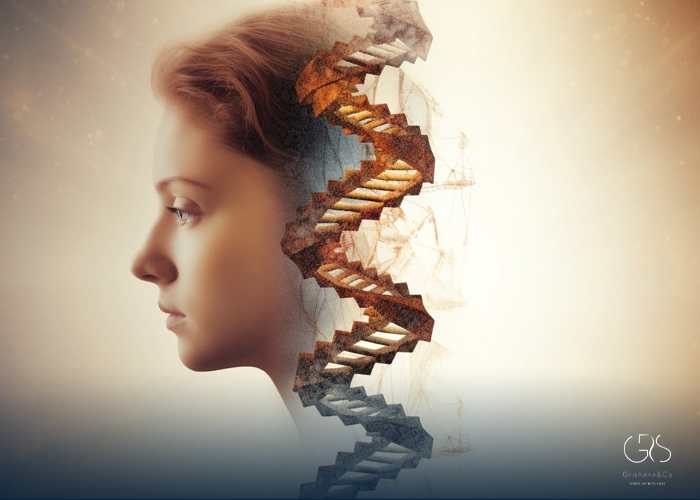Depression is a common mental health disorder that affects millions of people worldwide. It goes beyond occasional sadness and can have a significant impact on a person’s daily life. Understanding the signs and symptoms of depression is crucial to recognize when someone may be in need of support and intervention. In this article, we will explore the diverse perspectives on depression, delve into its symptoms, and provide information on seeking help.
I. Statistics on Depression:
To understand the widespread impact of depression, let’s explore some relevant statistics:
- In the United States, approximately 7.5% of individuals experience at least one major depressive episode in a given year.
- Depression is more prevalent in women, affecting about twice as many women as men.
- Adolescents and young adults are at a higher risk of developing depression, with around 15% experiencing it at some point during their teenage years.
With these statistics in mind, it becomes evident that depression is a pressing issue that requires attention and understanding.
II. The Signs and Symptoms of Depression:

Depression manifests differently in each individual, making it important to be aware of a wide range of signs and symptoms. These may include:
- Persistent sadness, hopelessness, or feelings of emptiness.
- Lack of motivation or interest in activities that were previously enjoyable.
- Changes in appetite and weight, either significant weight gain or loss.
- Sleep disturbances, such as insomnia or excessive sleeping.
- Fatigue, low energy levels, and feeling constantly tired.
- Difficulty concentrating or making decisions.
- Physical symptoms like headaches, stomachaches, or digestive issues with no apparent cause.
- Social withdrawal, isolating oneself from loved ones, and avoiding social activities.
- Thoughts of self-harm or suicide.
It is essential to remember that experiencing one or two of these symptoms does not necessarily indicate depression. However, if these symptoms persist for an extended period (typically two weeks or more) and significantly impact daily functioning, it may indicate the presence of depression.
III. Diverse Perspectives on Depression:
Depression affects individuals from all walks of life, and it is important to consider diverse perspectives to gain a better understanding of this widespread mental health condition. Let’s explore some of these perspectives:
Cultural Perspectives: Different cultures have unique beliefs, attitudes, and stigmas surrounding mental health. Understanding cultural perspectives can provide insight into how depression is perceived and treated within various communities.

Gender Perspectives: Research suggests that gender differences exist in the prevalence of depression, symptom presentation, and help-seeking behaviors. Exploring these differences can help identify potential barriers and ensure appropriate support for all genders.
Age Perspectives: Depression can affect people of any age. However, symptoms may manifest differently in children, adolescents, adults, and older adults. Recognizing these age-related differences is crucial for appropriate diagnosis and treatment.

Social Perspectives: Social determinants of health, such as socioeconomic status, access to healthcare, and social support networks, play a significant role in depression. Examining these social perspectives can shed light on disparities in diagnosis and treatment outcomes.
IV. Seeking Help for Depression:
Recognizing the signs of depression is the first step; seeking help is equally important. Here are some suggestions for finding support:
Consult a Healthcare Professional: If you believe you or someone you know is experiencing depression, consult a healthcare professional, such as a primary care physician, therapist, or psychiatrist.

Reach Out to Support Networks: Inform trusted friends and family members about your feelings and experiences. Their support can be invaluable during difficult times.
Online and Helpline Resources: Numerous helplines and online resources, such as crisis hotlines and mental health websites, offer immediate support and guidance.
Therapy and Medication: Mental health professionals may recommend therapy, medication, or a combination of both to manage and treat depression effectively.

Conclusion:
Depression is a complex and multifaceted mental health condition that affects millions of individuals worldwide. By recognizing the signs and symptoms of depression and understanding diverse perspectives surrounding this condition, we can cultivate empathy and support for those experiencing it. Remember, seeking help is a vital step on the path to recovery.
Sources
- World Health Organization (WHO), Depression
- National Institute of Mental Health (NIMH), Major Depression
- National Alliance on Mental Illness (NAMI), Depression
- American Academy of Child & Adolescent Psychiatry (AACAP), Depression in Children and Teens






